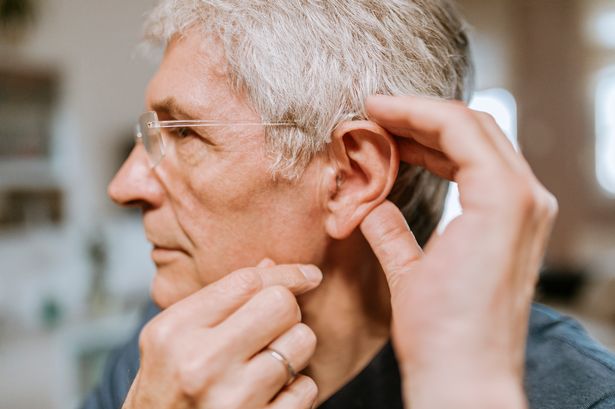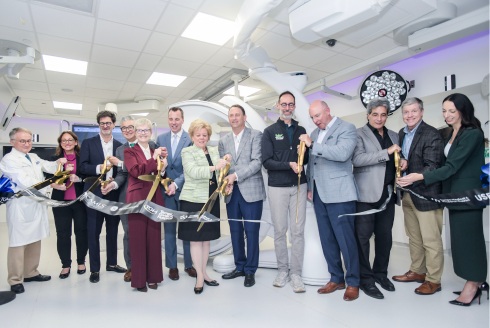
A brief annual hearing test could play a crucial role in reducing the risk of developing dementia, according to recent findings. Alzheimer’s Research UK highlights that regular hearing assessments and appropriate treatment can significantly lower the chances of cognitive decline. Untreated hearing loss has emerged as the most significant modifiable risk factor for dementia.
Research indicates that if individuals took proactive steps to manage their hearing loss, there could be up to seven fewer cases of dementia for every 100 people currently at risk. In the United Kingdom, over 18 million people, or approximately one in three, experience some level of hearing loss. Alarmingly, many delay seeking help for an average of 10 years, with around 3 million living with untreated issues.
Dementia currently affects nearly 1 million individuals in the UK and is identified as the leading cause of death, according to the Office for National Statistics. Despite the prevalence of both conditions, awareness of their potential connection remains low.
Link Between Hearing Loss and Dementia
The Lancet Commission on Dementia has identified midlife hearing loss as the largest modifiable risk factor for dementia, surpassing other significant factors like smoking or social isolation. Further studies have shown that individuals with mild cognitive impairment who use hearing aids have a 48 percent lower risk of progressing to dementia.
Experts believe that the cognitive load associated with untreated hearing loss can strain the brain, making it difficult to follow conversations, particularly in noisy environments. Over time, this can lead to social withdrawal, loneliness, and a reduced quality of life. Hearing aids can alleviate this burden by enhancing listening capabilities, enabling individuals to stay socially active and engaged.
Karen Shepherd, director of hearing health care development at Boots Hearingcare, emphasizes the importance of addressing hearing loss. She states, “There is a lot of talk and emerging evidence about the association with hearing loss and dementia; however, currently there is no strong evidence to suggest one causes the other. What we do know is that hearing aids have no negative impact on cognition and using hearing technology to hear well can have a profound, positive effect on quality of life.”
Shepherd further explains the transformative effects of hearing aids. “We often see patients who’ve been struggling with hearing loss for years. They begin to withdraw socially, lose confidence, and in some cases are even misdiagnosed with early cognitive decline. But once they’re fitted with hearing aids, it’s like their world opens up again.”
Additional Dementia Risk Factors
The findings from The Lancet also highlight several other factors that can contribute to dementia risk, including lower education levels, high blood pressure, obesity, smoking, depression, social isolation, physical inactivity, diabetes, excessive alcohol consumption, traumatic brain injury, and air pollution.
Awareness and early intervention are critical. If individuals notice symptoms of dementia in themselves or others, seeking medical advice promptly is recommended. The link between hearing health and cognitive function underscores the importance of regular check-ups and proactive management of hearing conditions, which could lead to improved overall wellbeing and quality of life.







